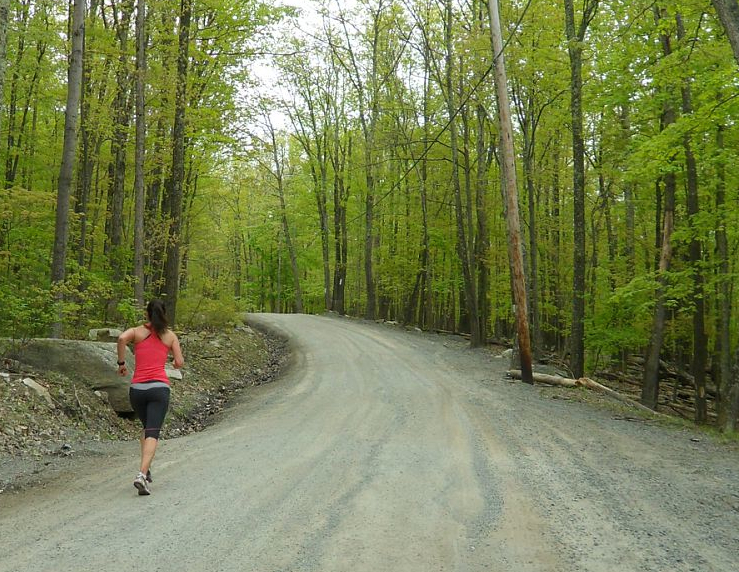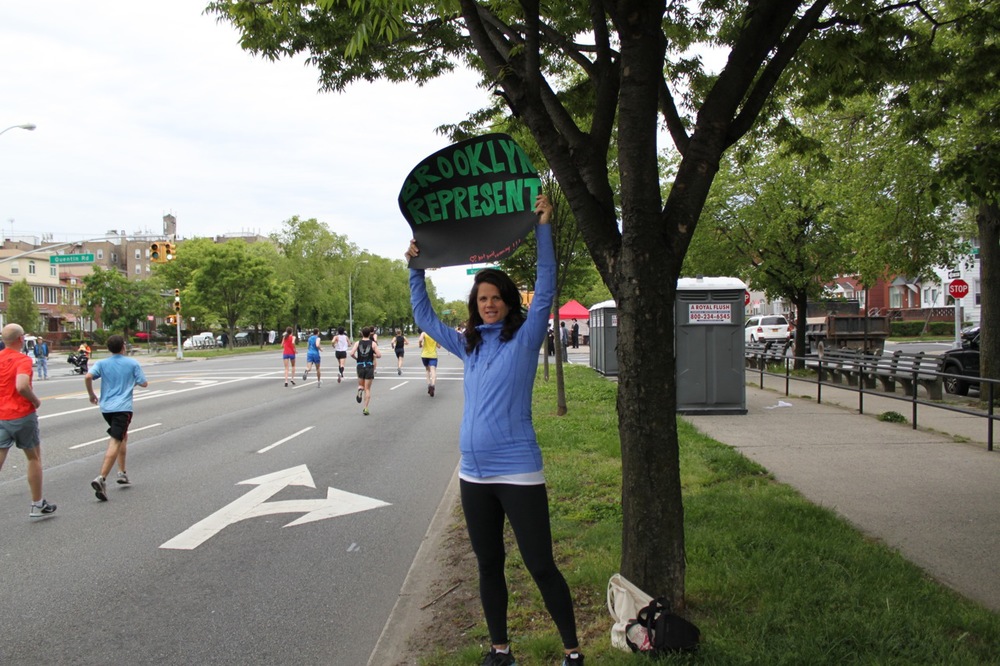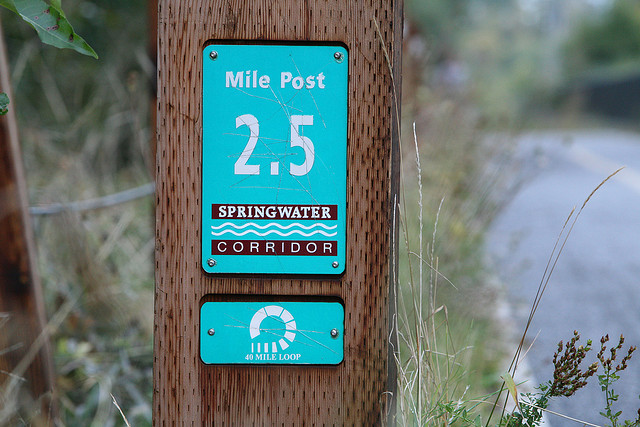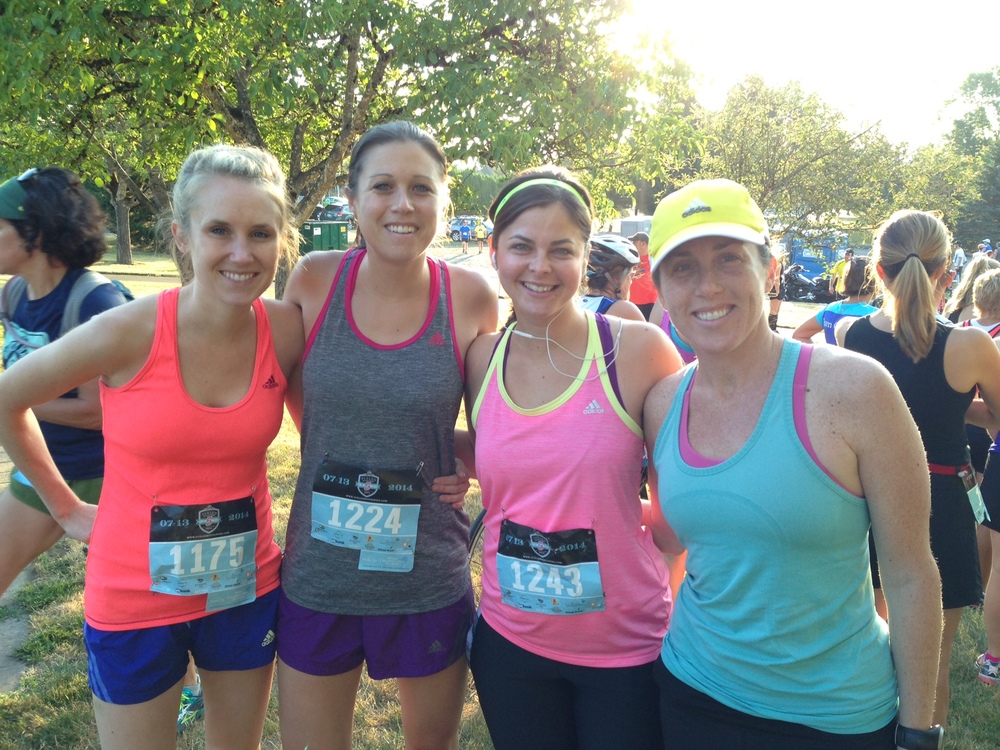Long runs aren't your typical "head out the door and run" activity. Unlike shorter distance runs, any run lasting over 90 minutes should include a certain amount of advance planning, taking into careful consideration things like safety precautions, nutritional and hydration needs, weather conditions and transportation needs. To avoid disaster during a long run, here are our top things you should know before you go.
KNOW . . .
1. YOUR ROUTE. This sets you up for everything else mentioned below, plus it prevents you from running longer than you should which can be costly if you are in the middle of specific race training We're not saying that you need to know each and every turn, but you should have a general idea where you are running based on how far or long you plan to run that day.
2. WHERE YOUR WATER IS. Does your route include drinking fountains? Or do you plan to buy water at various points along the way (in the middle and towards the end)? Or will you need to bring your own water or drop off water along your route before you begin? Don't forget to bring cash with you if you don't have free water throughout the entire run.
3. THE WEATHER CONDITIONS. Check the weather forecast and consider changing conditions halfway through your run. If the forecast calls for thunder and lightening halfway through your run, consider a less exposed route towards the end of your run. Considering the weather is also important in deciding what to wear especially in regions prone to extreme heat and humidity or cold conditions. For example: humidity plus cotton t-shirts or the wrong shorts during a long run = chaffing!
4. YOUR BAILOUT PLAN. It is essential to not only listen to your body if it's telling you that your long run isn't going to happen that day, but to be able to bail out of your run before it's too late. In case you need to bail out early, bring extra cash and metrocard for unexpected transportation costs even when routed to start and finish near near your home or car. Also, avoid areas with little to no support along the route (e.g. trail runs) if you are recovering from an injury or new to long distances.
5. YOUR REFUEL PLAN. Every runner has their own unique refueling strategy on those 2 to 3 hour long runs. Whatever your plan is, make sure you're prepared for it before leaving the house. If you plan to pick something up along the way, don't forget to bring money to pay for it.
6. WHAT'S IN YOUR WALLET. Don't leave home without some form of cash or bank card. You won't regret bringing it and it can come in very handy in all different circumstances.
7. WHERE YOUR KEYS ARE. Nothing is worse than returning home after a long run to find you have locked yourself out either because you forgot your keys or they fell out during your bathroom pit stop or grabbing your shot bloks out of your pocket. Our recommendation: put your keys somewhere that you won't access again until unlocking your door AND if they are in your pants/shorts pocket, make sure they don't fall out while going to the bathroom.
8. SOMEONE ELSE IS LOOKING OUT FOR YOU. Tell someone not on the run with you where you plan to run and approximately how long you estimate until your return. Always estimate the longest amount of time, rather than shorter to account for things like transportation, cool down, stopping for breakfast or lunch, or a slower pace than expected. Think of this as, "if I am not back or you haven't heard from me by this time, something is wrong." Make sure this person understands what to do in the event you are not back and where you might be if you're taking longer because you stopped for food or something else.

















